Poland's central bank has lowered its main interest rate to 5.25%, the lowest level in three years. The Monetary Policy Council made the decision to cut rates by 0.5 percentage points in an effort to support economic growth and ease the burden on borrowers. The change mainly affects loans with variable interest rates tied to the Warsaw Interbank Offered Rate (WIBOR), which had already fallen by a similar amount in recent weeks. This means that people with variable-rate loans may now benefit from lower monthly payments, while fixed-rate loan holders will not see immediate changes.
Lower rates are expected to boost the economy by giving households more disposable income and making loans, especially mortgages, more affordable. This could lead to higher consumer spending and greater activity in the housing market. Despite the cut, central banker Adam Glapiński said no additional changes are expected in June, though further cuts could happen later in the year. Council members Henryk Wnorowski, Ludwik Kotecki, and Przemysław Litwiniuk shared similar views, suggesting potential rate adjustments in July or the autumn. They all agreed that rates are likely to be lowered at least twice more before the end of 2025.
Erste Group Acquires Stake in Santander Bank Polska
Erste Group Bank from Austria will acquire a 49% stake in Santander Bank Polska, Poland's third-largest bank. Banco Santander, the current majority shareholder, decided to sell part of its stake as part of a broader plan to expand in North America. While Erste will become a major shareholder, it will not take over full control. Santander currently holds over 62% of the shares, but Erste's 49% stake allows it to avoid a mandatory public offer, which would have required a much larger financial outlay of around €6.94 billion. The 49% stake is valued at €6.76 billion, with a per-share price of €135.22. Prior to the announcement, shares were trading slightly higher at €136.38 but dropped afterward.
Santander Bank Polska, listed on the Warsaw Stock Exchange since 1993, has had multiple owners over the past 25 years. It started as WBK, was acquired by Allied Irish Banks, and then sold to Santander after the global financial crisis. Erste Group will now become its third main owner during that time.
President Vetoes Reduction in Health Contributions
President Andrzej Duda has vetoed a proposed law that would have lowered health insurance contributions for entrepreneurs. The ruling coalition lacks enough support in the Sejm to override the veto, so the change will not take effect. Prime Minister Donald Tusk and his allies plan to revisit the issue after the next presidential election, hoping for a new president, possibly Rafał Trzaskowski, who may support the measure. However, Trzaskowski's term, if elected, would begin in August, and any new legislation would require at least a six-month transition.
President Duda justified his veto by citing the financial strain on Poland's healthcare system. The National Health Fund is already in debt and lacks a current financial plan. The proposed change would remove roughly €1.16 billion from its budget. Duda also criticized the lack of public consultation, noting that trade unions opposed the bill.
Salary Transparency and Economic Trends in the Region
Poland will soon require all employers to include salary details in job advertisements, as part of Labor Code changes. Even jobs not formally advertised must disclose wages before hiring. Employers will also be banned from asking about past salaries. These new rules are set to take effect six months after official publication, depending on presidential approval. Meanwhile, the national average gross salary reached €2,074 in the first quarter of the year—an increase of €189 from the previous year. Adjusted for inflation, real wages rose by about 4.9%, although wage growth has slowed compared to late 2024.
Stock markets across Central Europe reached record highs, including indices in Warsaw, Prague, Budapest, Vilnius, and Frankfurt. The boost followed remarks suggesting a temporary easing of tariffs between the US and China. Poland's WIG20 index rose 1.1%, Prague's PX increased 0.8%, and Bucharest's BET also gained 1%.
Czech Inflation Drops, Romania Faces Uncertainty
Inflation in the Czech Republic dropped sharply to 1.8% in April, down from 2.7% in March. This unexpected decline was mainly due to slower food price increases and falling energy costs. Retail prices even saw a small monthly decrease. In response, the Czech central bank reduced its interest rate by 25 basis points to 3.5%.
Romania's markets, on the other hand, are dealing with uncertainty due to political instability and credit rating concerns. Despite a recent stock market rebound, fears remain that the country could lose its investment-grade rating. Romania's budget deficit exceeded 9% of GDP in 2024, the highest in the EU. Several major rating agencies maintain a negative outlook, and the leu has depreciated significantly. Romanian government bond yields have also spiked, reflecting market concerns.
Stay informed with PolskieNews—your trusted source for Poland's latest updates across politics, culture, business, and world affairs. Empowering Polish readers with clear, reliable, and timely news coverage every day.
PREV NEWS
NEXT NEWS
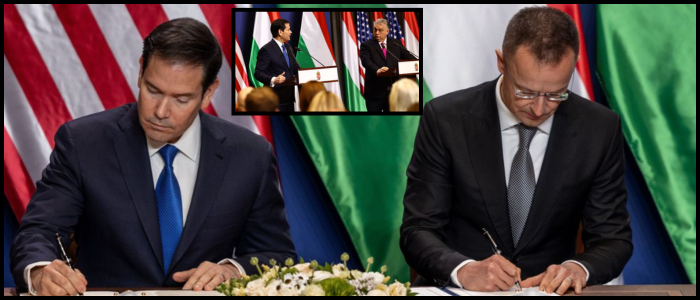
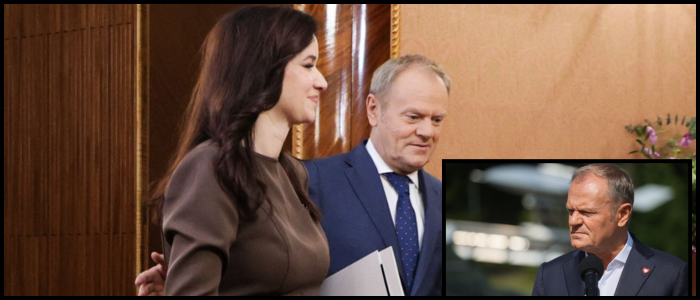
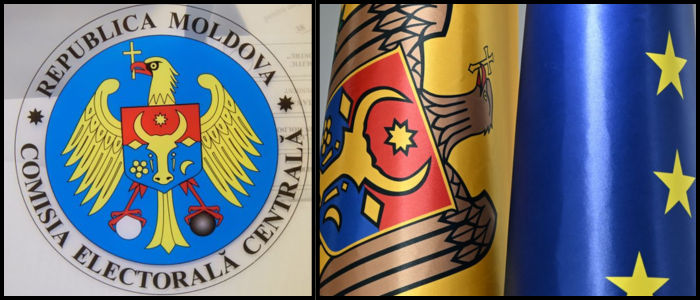

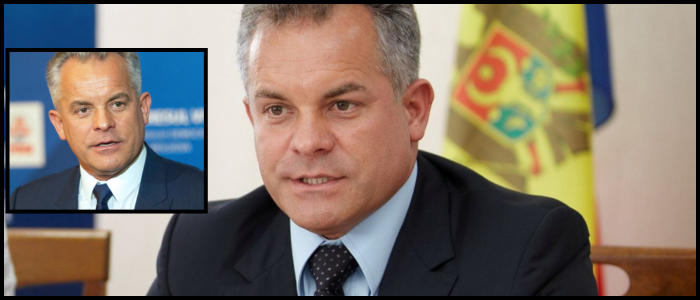


BY Kamil Wrona

BY Nikodem Baran

BY Nikodem Baran

BY Nikodem Baran
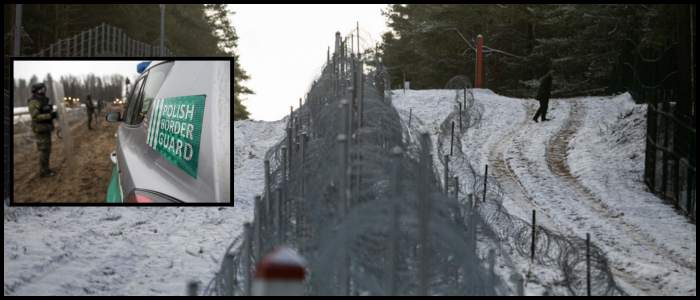
BY Nikodem Baran
Uwielbiamy pliki cookie — zarówno te jadalne, jak i cyfrowe, które ulepszają Twoje wrażenia z przeglądania. Pomagają nam one udoskonalać funkcjonalność naszej witryny i Twoje ogólne wrażenia. Podstawowe i funkcjonalne pliki cookie są niezbędne do prawidłowego działania witryny i nie można ich wyłączyć. Ponadto używamy plików cookie w celu optymalizacji wydajności („komfort”) i wyświetlania spersonalizowanych reklam („marketing”), na co potrzebujemy Twojej zgody. Kliknij „Zezwól na wszystkie”, aby wyrazić zgodę na przetwarzanie danych. Uwielbiamy pliki cookie — zarówno te jadalne, jak i cyfrowe, które ulepszają Twoje wrażenia z przeglądania. Pomagają nam one udoskonalać funkcjonalność naszej witryny i Twoje ogólne wrażenia z przeglądania. Podstawowe i funkcjonalne pliki cookie są niezbędne do prawidłowego działania witryny i nie można ich wyłączyć. Ponadto używamy plików cookie w celu optymalizacji wydajności („komfort”) i wyświetlania spersonalizowanych reklam („marketing”), na co potrzebujemy Twojej zgody. Kliknij „Zezwól na wszystkie”, aby wyrazić zgodę na przetwarzanie danych.
Twoja zgoda obowiązuje również na mocy art. 49 (1) (a) RODO, co oznacza, że Twoje dane mogą być tymczasowo przetwarzane poza EOG, w tym w USA. W takich przypadkach wysokie europejskie standardy ochrony danych mogą nie być w pełni zagwarantowane, a władze USA mogą uzyskać dostęp do Twoich danych bez skutecznego środka prawnego. Możesz wycofać swoją zgodę w dowolnym momencie.
PrywatnośćWarunki korzystania z serwisu
Możesz zarządzać swoimi preferencjami dotyczącymi plików cookie lub wycofać zgodę w dowolnym momencie za pośrednictwem naszych ustawień plików cookie. Aby uzyskać więcej informacji, zapoznaj się z naszą Polityką prywatności.